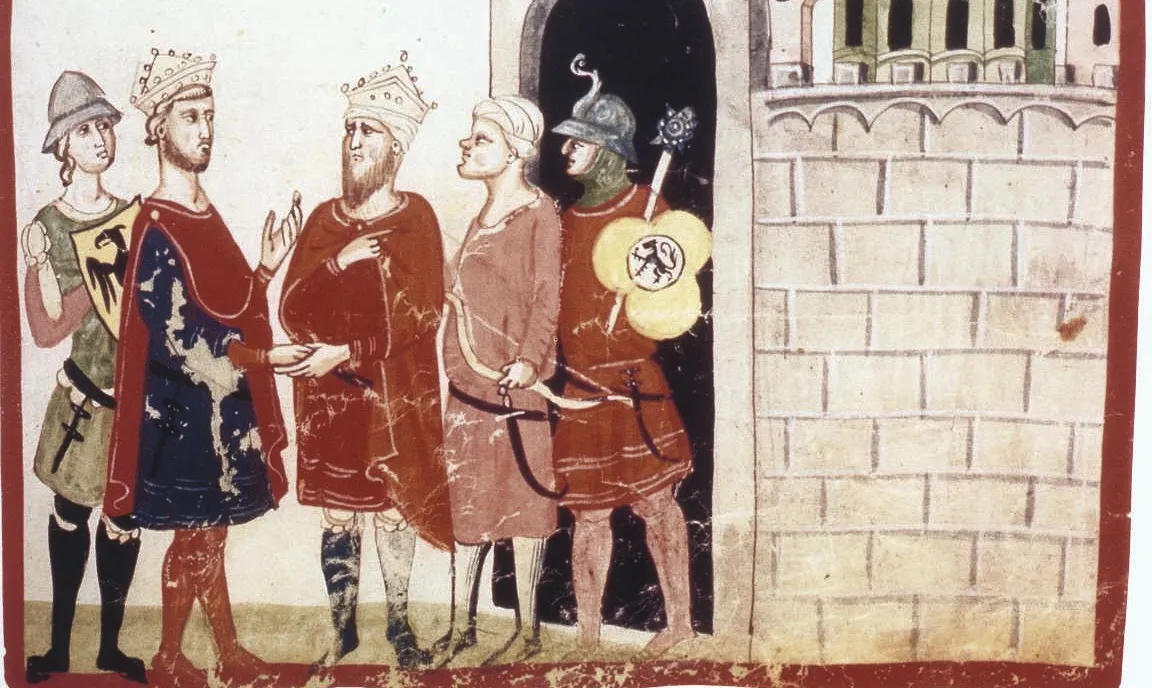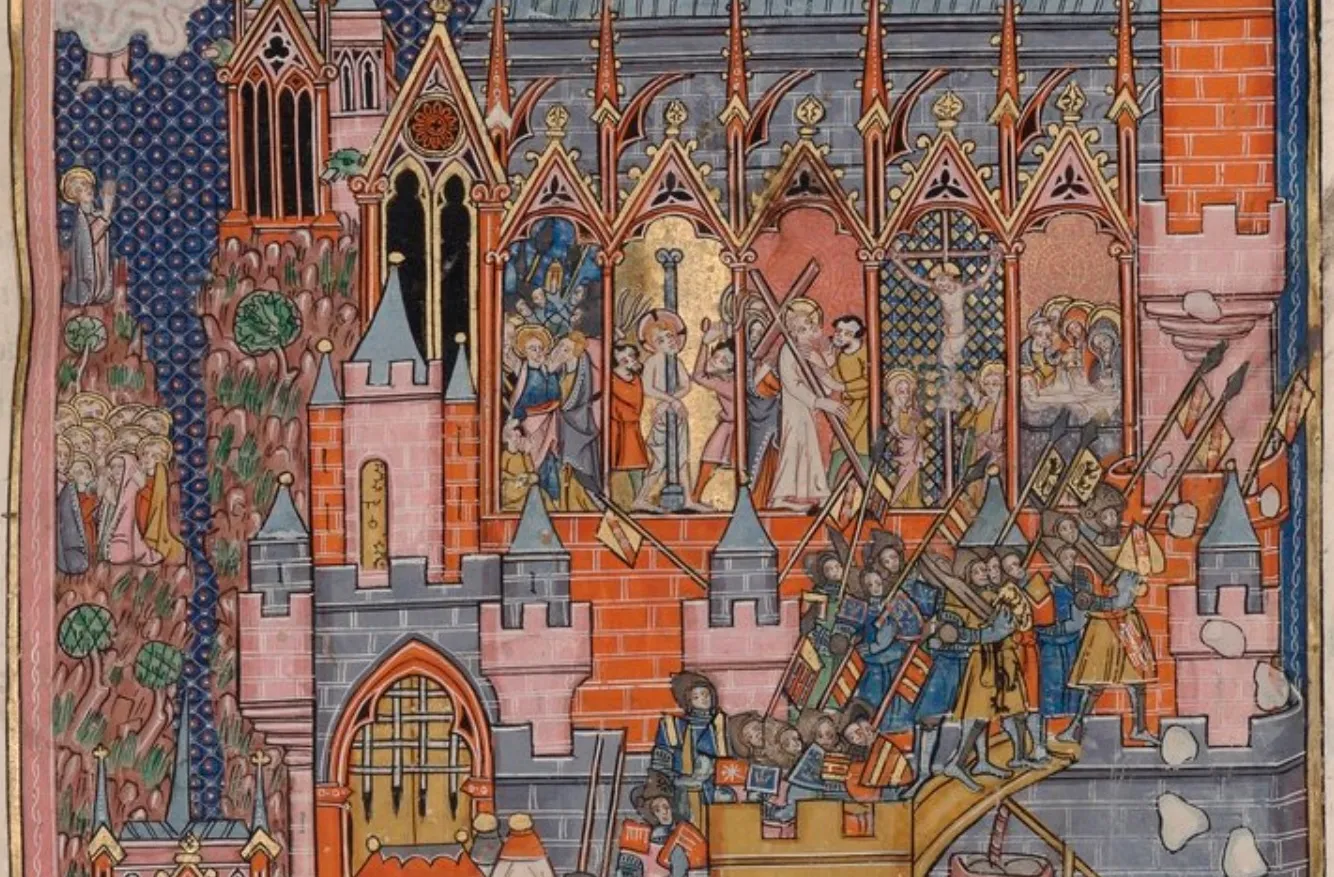“The Increase of Plantations”: Teaching West Africa’s Nineteenth-Century Production Revolution
Discussion of how to teach West Africa’s production revolution in the nineteenth century
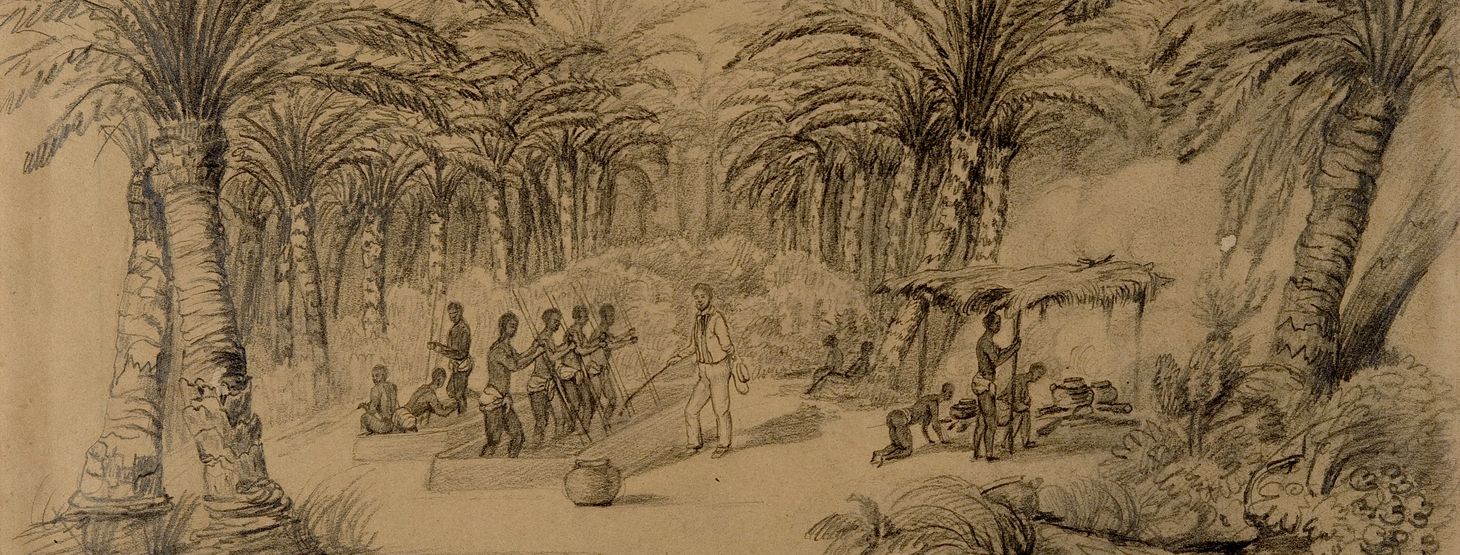
It will hardly surprise readers of Liberating Narratives that many world history textbook authors often cover African history in the nineteenth century in a less-than-ideal manner. After discussing the abolition of the transatlantic slave trade at the beginning of the century, authors might provide a paragraph or two about the effects of abolition on Africa – all of Africa. The next time Africa appears is when it becomes the unfortunate center of the imperialism chapter with the “Scramble for Africa.” Between 1830 and 1880, it’s as if nothing happened in Africa.
I am exaggerating a little, but it’s hard to find any significant textbook discussion of how African societies developed between the end of the slave trade and before imperialism. (If you have an example, please share it with me or leave a comment below.) Five years ago, I spent my summer reading a lot of African history, and two books stood out as ideal resources for world history teachers. Robert Harms’ Africa in Global History with Sources weaves African history into global historical patterns. He also includes primary source excerpts and further readings at the end of each chapter. African Voices of the Global Past: 1500 to the Present, edited by Trevor Getz, contains helpful introductory essays and many primary sources written by Africans. Both books include chapters dedicated to exploring how African history in the middle of the nineteenth century was connected to Western Europe’s industrialization. The arguments in those books have significantly influenced this post.
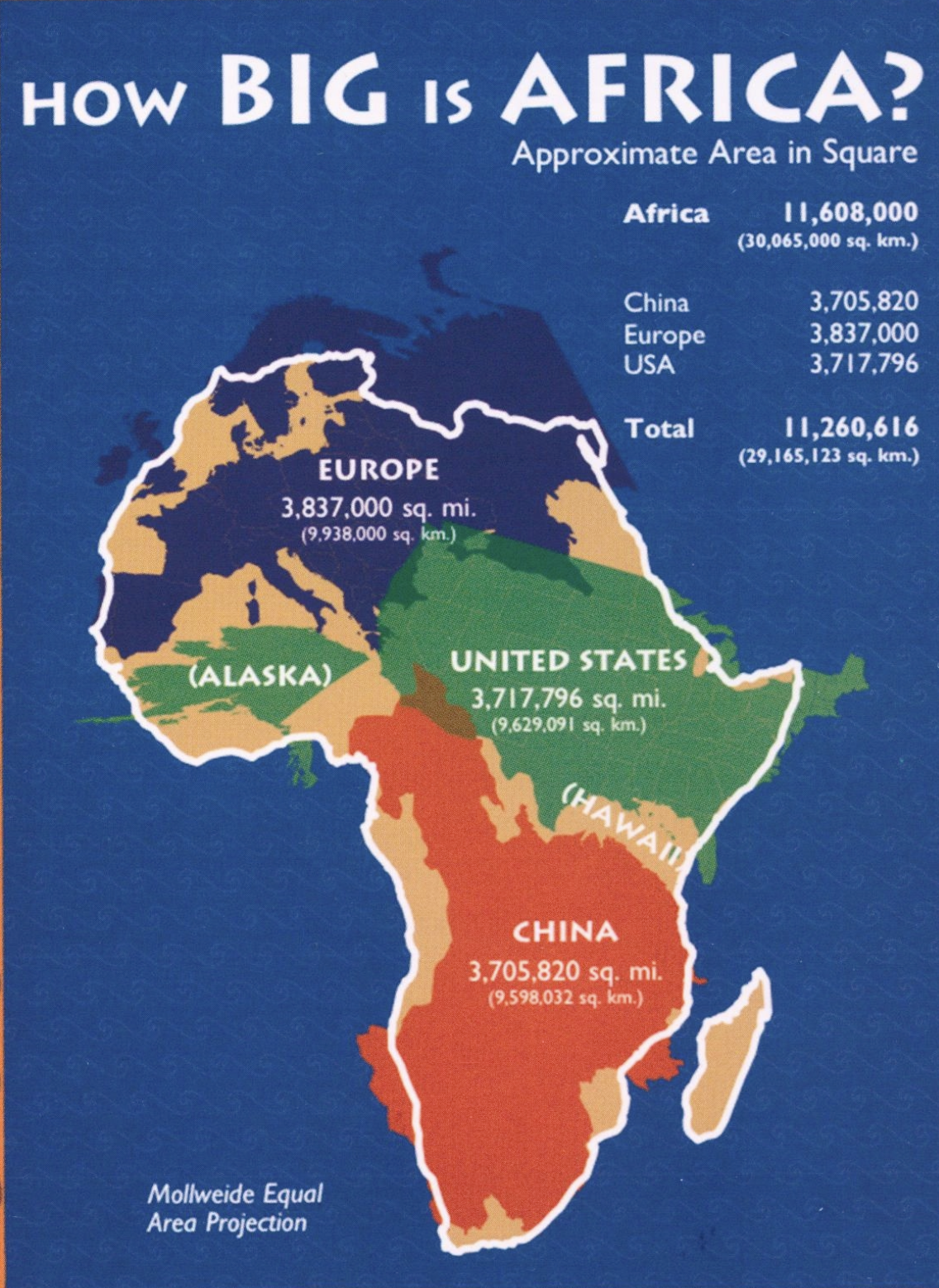
While it’s challenging (and frankly a bad idea) to make generalizations about all of Africa at any time, we can focus on one part of Africa to help students understand how African economies evolved before European imperialism transformed Africa in the 1880s. By 1800, West African societies had regularly traded with the rest of the Atlantic World for over three centuries. Even before the slave trade ended during the first half of the nineteenth century, some West Africans began producing more significant quantities of in-demand commodities and trading them with Europeans. As coastal elites profited from this trade, a new class of wealthier merchants and bourgeois professionals advocated further modernizing African economies.
Peanuts in Senegambia
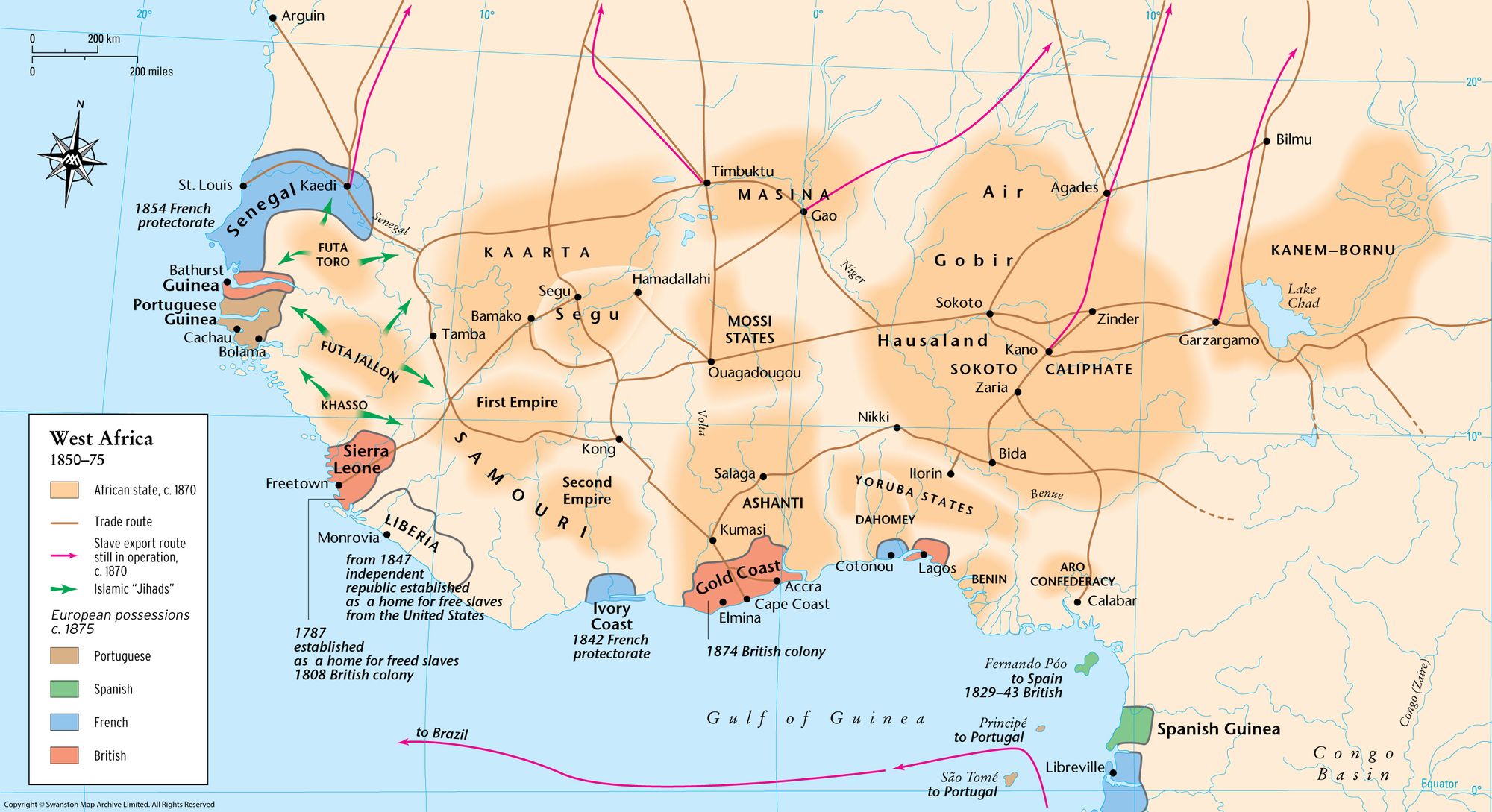
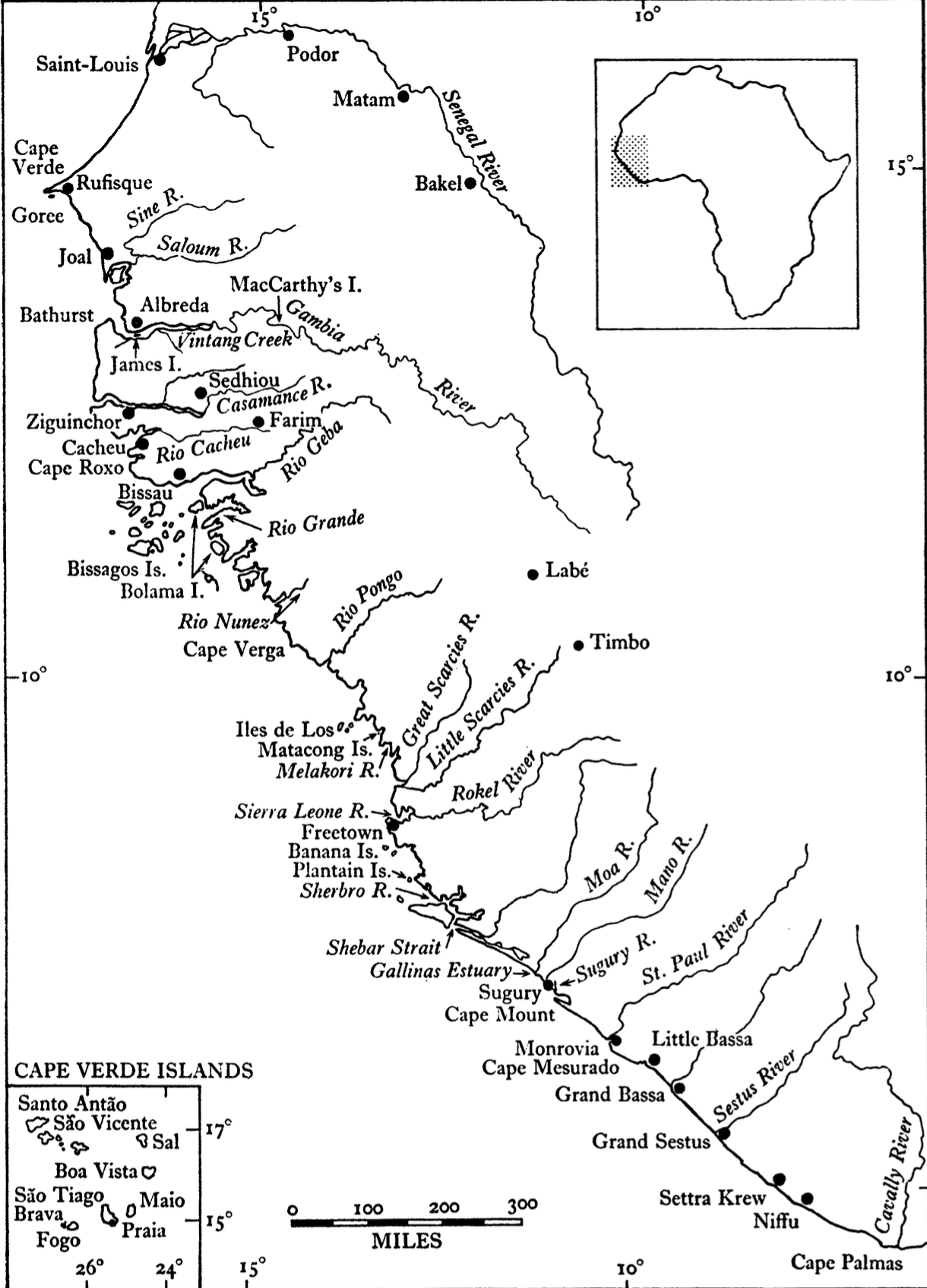
This content is for Paid Members
Unlock full access to Liberating Narratives and see the entire library of members-only content.
SubscribeAlready have an account? Log in

